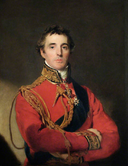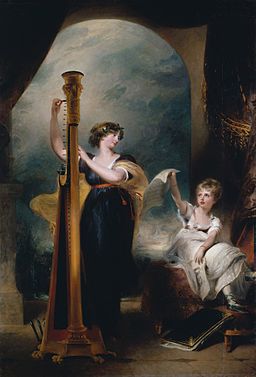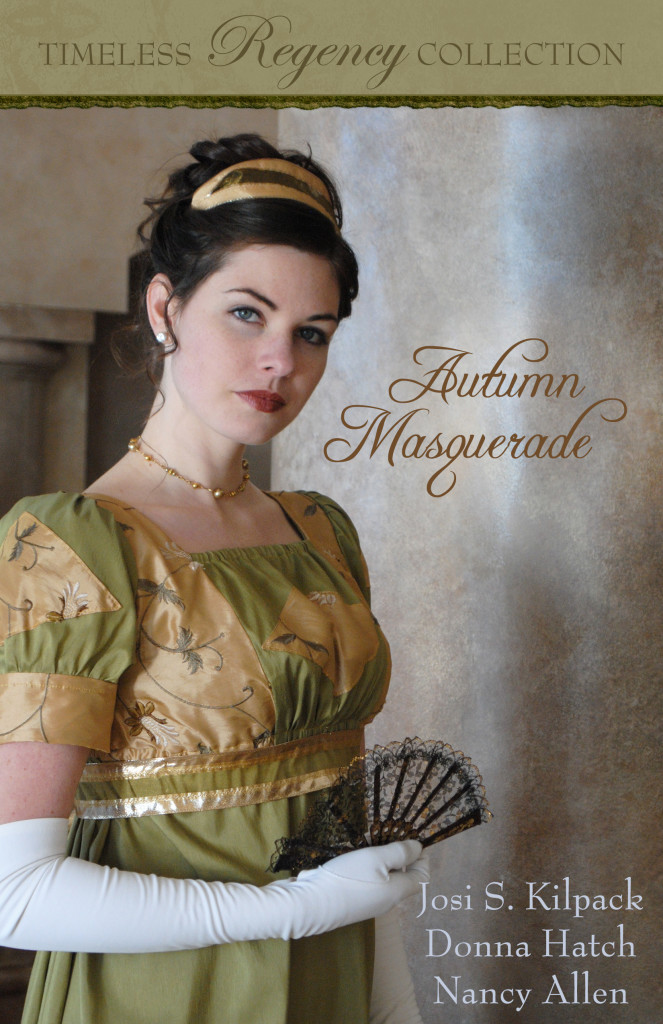©By Cheryl Bolen
It is
difficult for those of us in the twenty-first century to possess the knowledge
our Georgian heroes possessed. As members of the aristocracy, they had studied
with private tutors since the age of four or five. They were fluent in Latin
and most could read Greek. They knew the ancient scholars as well as
contemporary boys know baseball and football. Regency-era gentlemen spoke
French as well as they spoke their native tongue. Most of them had undertaken the
Grand Tour throughout Europe, and many had ventured as far away as Turkey,
India, or Egypt.
Few of us today connect with the ancient Greeks and Romans as did those in Georgian England.
But it is now possible to — without laboring for years over Greek and Roman classics — to gain a cursory understanding of the knowledge our heroes possessed. For there is a succinct “cheat sheet” readily available on the internet.
Few of us today connect with the ancient Greeks and Romans as did those in Georgian England.
But it is now possible to — without laboring for years over Greek and Roman classics — to gain a cursory understanding of the knowledge our heroes possessed. For there is a succinct “cheat sheet” readily available on the internet.
Cheryl Bolen's two different editions of Lord Chesterfield's Letters to His Son, one of them an 1821 edition.
This cheat sheet (actually about 90 pages) is an appendix of Lord Chesterfield’s Letters to Son, which has been digitalized by Google. The entire collection of the peer’s letters, edited by Oliver H. Leigh in 1901, is on Google. (This author prefers to track down the old books. She has two of Chesterfield's letters and has read them cover to cover.)
The letters to Lord Chesterfield’s illegitimate son and only offspring were published upon his lordship’s 1773 death and were widely read.
To compensate for the disadvantages of the boy’s birth, the father attempted to give the boy every advantage he could in education and spent years writing long epistles to the poor lad, instructing him in every phase of deportment.
What is especially useful to those of us who write about the era is the information contained in the last section of the work, the appendix, “Juvenile Section.”
These letters covered the decade ending when the boy was fourteen. In them, Lord Chesterfield provides instruction from which most of us can profit.
__________________________
The Trojan Wars — which raged for ten years and which are treated in millions
of words elsewhere — are encapsulated into a couple of pages by Lord
Chesterfield’s ability to simplify into descriptions readily comprehensible to
a young boy.
________________________
Likewise, Lord Chesterfield explains the founding of Rome and the chronology of its early rulers. He does the same for the history of England, giving a brief paragraph to each English ruler, as well as to the island’s earliest inhabitants. For example, “The Romans quitted Briton of themselves; and then the Scotch, who went by the name of the Picts (from pingere to paint), because they painted their skins...”
The juvenile letters also list the twelve provinces of France and briefly tell what the capital city is of each and what the province is noted for. He similarly describes Asia, Germany, and many other geographical regions so that the modern reader (us) will have the same knowledge of 18th century geography that our heroes and heroines would have had, ie., “Indostan, or the country of the Great Mogul, is a most extensive, fruitful, and rich country. The two chief towns are Agra and Delhi; and the two great rivers are the Indus and the Ganges. This country, as well as Persia, produces great quantities of silks and cotton; we trade with it very much, and our East India company has a great settlement at Fort St. George.”
Here is another example: “The Lord Mayor is the head of the city of London, and there is a new Lord Mayor chosen every year; the city is governed by the Lord Mayor, the Court of Alderman, and the Common Council. There are six-and-twenty Alderman, who are the most considerable tradesmen of the city. The Common Council is very numerous and consists likewise of tradesmen...The Lord Mayor is chosen every year out of the Court of Aldermen. There are but two lord mayors in England; one for the city of London, and the other for the city of York. The mayors of other towns are only called mayors.”
Lord Chesterfield stresses that such knowledge as he is imparting to his son cannot be found in books, nor can it be studied in school. Because of his book of letters (never intended for publication), now we can profit from his vast knowledge.
Likewise, Lord Chesterfield explains the founding of Rome and the chronology of its early rulers. He does the same for the history of England, giving a brief paragraph to each English ruler, as well as to the island’s earliest inhabitants. For example, “The Romans quitted Briton of themselves; and then the Scotch, who went by the name of the Picts (from pingere to paint), because they painted their skins...”
The juvenile letters also list the twelve provinces of France and briefly tell what the capital city is of each and what the province is noted for. He similarly describes Asia, Germany, and many other geographical regions so that the modern reader (us) will have the same knowledge of 18th century geography that our heroes and heroines would have had, ie., “Indostan, or the country of the Great Mogul, is a most extensive, fruitful, and rich country. The two chief towns are Agra and Delhi; and the two great rivers are the Indus and the Ganges. This country, as well as Persia, produces great quantities of silks and cotton; we trade with it very much, and our East India company has a great settlement at Fort St. George.”
Here is another example: “The Lord Mayor is the head of the city of London, and there is a new Lord Mayor chosen every year; the city is governed by the Lord Mayor, the Court of Alderman, and the Common Council. There are six-and-twenty Alderman, who are the most considerable tradesmen of the city. The Common Council is very numerous and consists likewise of tradesmen...The Lord Mayor is chosen every year out of the Court of Aldermen. There are but two lord mayors in England; one for the city of London, and the other for the city of York. The mayors of other towns are only called mayors.”
Lord Chesterfield stresses that such knowledge as he is imparting to his son cannot be found in books, nor can it be studied in school. Because of his book of letters (never intended for publication), now we can profit from his vast knowledge.









